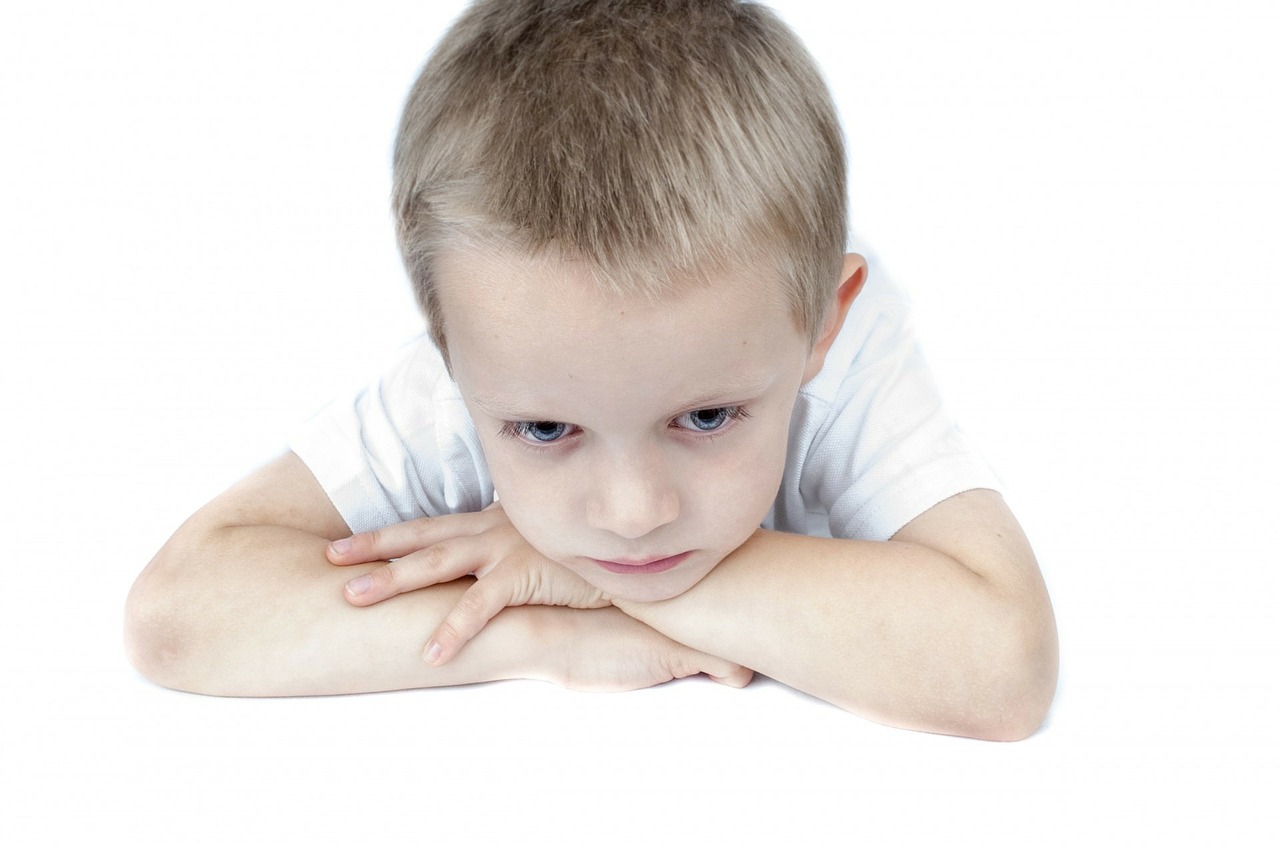
One of the hardest parts of being a single parent is not having anyone else to rely on when your kids go through difficult times, such as grief. Your goal is helping your child through his pain and confusion, and you want to be sure everyone that he speaks to about his feelings is on the same page with how to help him through his emotions. Whether your child is grieving after the death of a loved one, your divorce, or another situation, there are steps you can take as a single parent to ease his pain.
- Reassure Your Child that the Situation Is Not His Fault
Kids have difficulty understanding why bad things happen. They may not have a total grasp of the situation, which means they may handle their grief well at first but then experience it much more deeply as time goes by. Because everyone grieves differently, you will need to be patient with your child and help him through his emotions as he shares them with you.
One response to grief that is common for kids is feeling responsible for the situation that causes his grief. For example, when a loved one falls ill or dies, kids feel like it is their fault: “It’s easy for them to flash to an angry memory where they shouted an angry thought or ‘wish,’ and come to the conclusion that they have actually caused the condition.”
The best way to handle this reaction from your child is to make certain he knows the situation is not his fault and that he could not have done anything differently to prevent it. Talk to your child regularly and explain that tragic things sometimes happen to the best people, and make sure that he works through feeling as though he is to blame.
- Ensure Everyone Uses the Same Language When Consoling Your Child
Because your child may feel at fault or be confused about the death of a loved one or your divorce, he could have additional difficulty dealing with his grief; thus, you need to work to get everyone on the same page with their responses to him. This especially is important if your child feels more comfortable talking to his father than to his mother about the situation because fathers tend to be blunt in their responses and less apt to share their emotions aloud with others. Your child needs to see his father expressing emotions so that he knows it is safe and acceptable to do so himself.
It’s also important for everyone helping your child through his grief to be honest with him. Kids don’t need all the details about a tough situation, but they do deserve an explanation and an accurate understanding of what is going on. Being honest with your kids shows that you respect them and their feelings and better prepares them for what lies ahead. Be sure to use language that is age-appropriate and answer as many questions as your child has.
- Enlist the Help of a Grief Counselor
Parents wish they could protect their children from grief, loss, and pain, but kids need to learn from difficult situations so they know how to cope as they grow older. Parents can, however, help kids feel safe when they grieve by encouraging them to express their feelings. If your child has difficulty expressing his grief, or if various family members struggle with helping the child, it is time to enlist the help of a grief counselor.
Ensure the counselor specializes in grief and working with families and children. Consider attending the sessions with your child so the counselor can help you communicate with one another and work through your grief together. Keep in mind that the counselor may want to speak to your child alone, too.
Grief affects everyone, no matter your age. As a single parent, you have the difficult job of helping your child through a difficult time, such as a death in the family or a divorce, on your own. To ease his pain, reassure him that nothing is his fault, ensure everyone who helps him through his grief uses the same language and is open with their emotions, and enlist the help of a grief counselor as needed.
